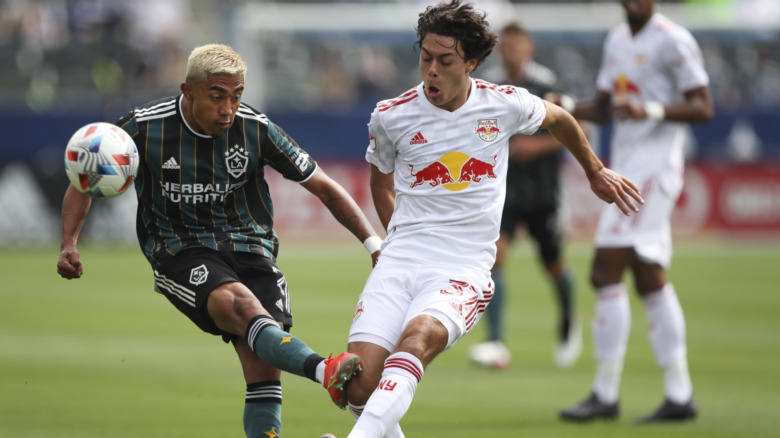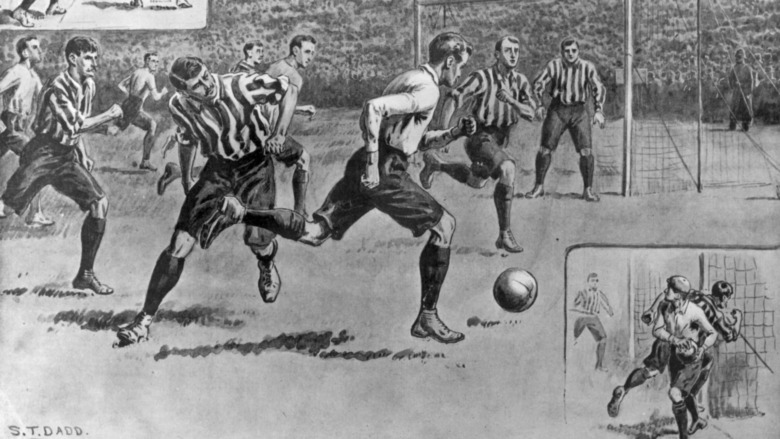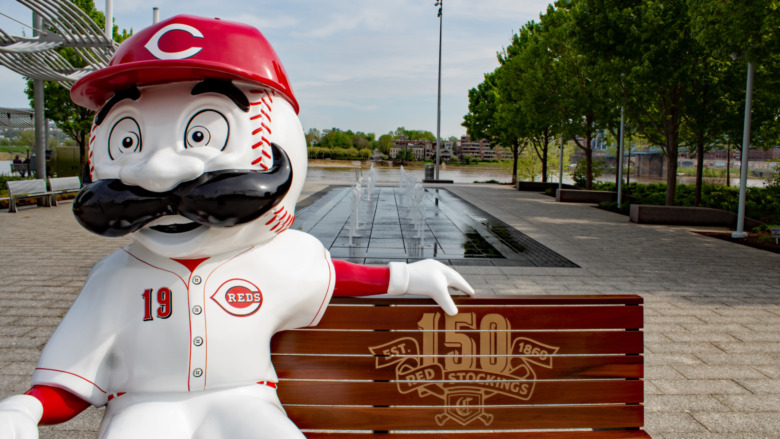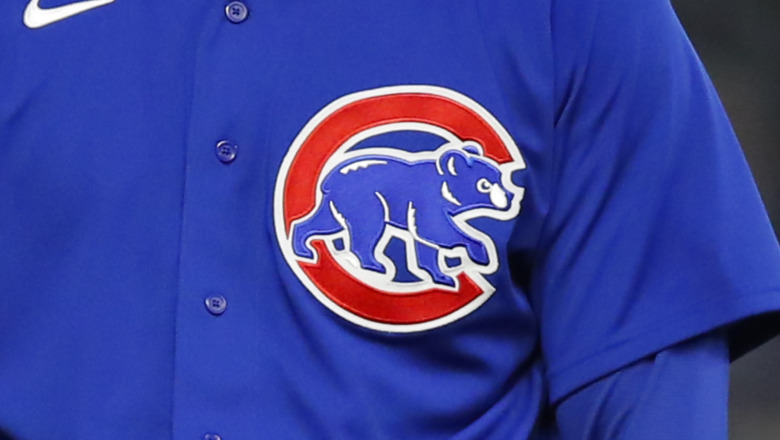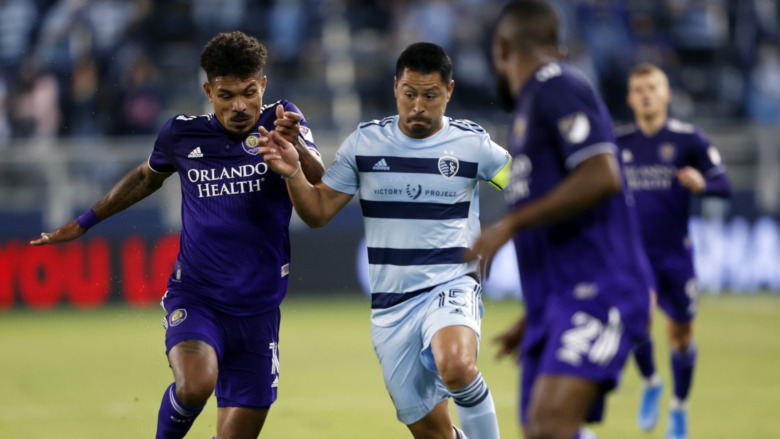Why Do Soccer Teams Have Such Unusual Names?
With the exception of a handful of American teams playing in the Major League Soccer (MLS) league, just about all professional soccer teams have names that sound unusual to American sports fans. The vast majority of U.S. sports teams are named according to the specific convention that names the city, and then the team's mascot. The Chicago Cubs. The Phoenix Suns. The Toronto Raptors. Outside of the States, however, and in particular when it comes to European soccer teams, their names can be a bit more arcane. Manchester United. Real Madrid. Arsenal.
So why do all other American professional sports teams in leagues not named Major League Soccer (and about half of them in that league) use the uniquely American convention of naming their teams? Why do about half of MLS teams use the European method of giving their team a seemingly inscrutable name?
The answer lies in the origins of professional sports, the unique relationship American fans have to their teams, and a half-hearted rebranding of Major League Soccer a decade ago. Here's why professional soccer teams have such unusual names.
Professional sports began in social clubs
As Football History tells us, prior to about 1870, no one would have even considered paying to watch men play a sport. Few people had the time, let alone the money, for the privilege. However, that all began changing in the later decades of the 19th Century, thanks to industrialization giving the working class both time and money to devote to leisure activities.
At the time, on both sides of the Atlantic Ocean, it wasn't uncommon for men who could afford it to hang out in social clubs. What's more, some of those social clubs offered fields and equipment on which the club members could play their favorite sport, be it the new pastime known as "base-ball" in the U.S., or the ancient-but-recently-codified "association football" or "soccer" on the other side of the Pond.
With industrialization, according to Football History, working people were also afforded the opportunity to play leisure sports at churches or pubs or workplaces, forming their own sporting clubs in the process.
Meanwhile, crowds started showing up to watch men play the sports, club managers figured that they could build seats and charge for it, and the concept of professional sports was born.
Professional sports teams initially just used the name of their club
As professional sports became a bigger and bigger thing, on both sides of the Atlantic, the teams were generally referred to by the name of the club. So for example, over in England, Notts County Football Club was (and is, to this day) referred to as just that: the Notts County Football Club, according to Football History. Further, in the U.K., some clubs took the names of nearby landmarks, such as Arsenal Football Club (which took its name from a nearby, um, arsenal), and in some cases, the clubs began using abbreviations — so for example, Arsenal Football Club became Arsenal FC.
Over in the United States, the same practice took hold. Cincinnati's baseball team was, at first, just that: the Cincinnati Ball Club. Same with Pittsburgh's team, Chicago's team, and others.
Officially, in the U.S., some professional sports teams are still referred to by the name of their original club, at least in a business or legal context. For example, the baseball team that plays on the North Side of Chicago is (officially, anyway, according to Dun & Bradstreet) The Chicago National League Ball Club and not "The Chicago Cubs."
Newspaper columnists, fans, and terms of endearment
As professional baseball got big in the U.S., a sea change occurred when it came to team names. With the help of newspaper writers, fans began referring to the men who played on their favorite teams with nicknames, or terms of endearment, of a sort.
For example, over in Chicago, according to Wrigleyville Sports, a 1902 newspaper column referred to the team that played on the North Side of the city as the "Cubs" because many of the team's players were so young. Similarly, in Pittsburgh, according to Major League Baseball, a columnist began referring to the city's team as the "Pirates" after some chicanery involving a player's contract. Those names, and others like it, stuck, and to this day virtually all American sports teams are named City + Nickname.
In Europe, fans sometimes give their teams terms of endearment as well. For example, fans sometimes call the Arsenal players the "Gunners," according to Foot The Ball, because of, well, the arsenal involved.
And while those terms of endearment may turn up in casual conversation, or get the odd mention in a sports column, they are not the standard. A Manchester United fan may say casually that the Red Devils had a good game, or a Leicestershire reporter may refer to a score as a "disappointing result for the Foxes," but to refer to a team as the "Manchester Red Devils" or the "Leicestershire Foxes" is all but unheard of.
So why the weird mix of names in Major League Soccer?
When the 10 teams of the inaugural season of Major League Soccer (MLS) took the field in 1996, according to Sports Illustrated, all but one of the teams had names that employed the American custom of City (or State or Region) + Name. There was the Colorado Rapids. The Tampa Bay Mutiny (which is a singular word and not a plural, but there's also the Utah Jazz and the Orlando Magic, among others, so it's not really not unique). The Kansas City Wiz (short for Wizards, whatever that means). Over the decades, MLS teams have come and gone, some of the original teams have changed names, and multiple other teams have entered the league.
Looking at the list of names of MLS teams, you see a roughly equal mix of American-style names and European-style names, and one combination of the two. There's FC Dallas and the San Jose Earthquakes. There's Sporting Kansas City and the Portland Timbers. There's also Columbus Crew SC, which is an amalgam of both styles.
Why the inconsistency? Beginning in about 2014, according to The Guardian, MLS rebranded itself with a view toward making its sport more cosmopolitan. As such, some teams ditched their American-style names for European-style ones — Kansas City Wiz became Sporting Kansas City, for example — while others did not. Similarly, as new teams have entered the league, some have adopted the American custom of deciding their name, others the European one.
Fans are split about how to name MLS teams
This odd mix of European-style names and American-style names in MLS rubs some fans the wrong way, with many wishing the league would fully commit to one or the other. Some view the practice of adopting European-style names for American teams as something not unlike cultural appropriation, while others point to the practice of teams outside of England imitating the English practice and being perfectly OK with it.
Writing for the pro-European side, via The Kansan, is Skylar Rolstad, who noted that some Spanish teams use the convention City + FC ("Football Club"), while they should really be City + CF ("Club de Futbol" in Spanish). Similarly, Italian teams use the City + FC, even though soccer there is called "calcio." Rolstad points to these as examples of teams using a standard convention despite differences in local languages.
However, Tim Froh, writing in The Guardian, pointed out that many American fans aren't feeling it. "I personally think it's corny when we try to copy the European style. Why don't we just try to do our own thing?" asked one fan.
